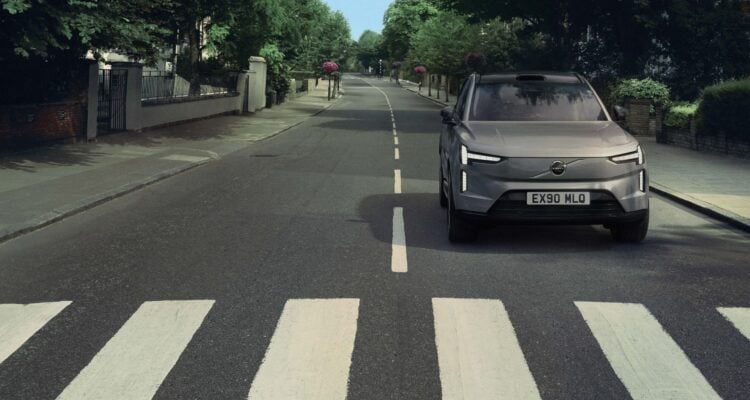Volvo Cars, once a pioneer in committing to an all-electric future by 2030, has recently softened its stance, announcing that it will continue producing hybrid vehicles alongside electric models beyond the original deadline. This change of heart reflects the challenges faced by the automotive industry as it navigates the transition to cleaner energy, compounded by evolving market conditions and technological hurdles.
In 2017, Volvo became one of the first major car manufacturers to publicly declare its intention to electrify its entire fleet by 2030. This ambitious target was adjusted in March 2021 citing a slower that anticipated rollout of the charging infrastructure across the world. But by planning to phase out internal combustion engines (ICE) and focus exclusively on battery-electric vehicles (EVs), Volvo positioned itself as a leader in the electric revolution, drawing praise from environmental groups and consumers alike.
However, in a recent announcement, the Swedish automaker has dialled back its earlier commitment, stating that it will continue producing hybrid models beyond the 2030 deadline. These hybrid vehicles, which combine traditional combustion engines with electric motors, offer a middle ground for consumers not yet ready to make the full leap to battery-electric cars. By keeping hybrid models in its lineup, Volvo is now planning to maintain 10% of its production as hybrid electric cars.
“We are resolute in our belief that our future is electric,” said Jim Rowan, chief executive of Volvo Cars. “An electric car provides a superior driving experience and increases possibilities for using advanced technologies that improve the overall customer experience.
“It is clear that the transition to electrification will not be linear, and customers and markets are moving at different speeds of adoption. We are pragmatic and flexible, while retaining an industry-leading position on electrification and sustainability.
“Volvo Cars stands at a pivotal and exciting crossroads in our journey. We have been laying the foundations for the last few years that put us in the strong position we are in today. The sharpened business ambitions we announce today further reinforce our commitment to drive value as a business, while remaining true to our purpose. As I have said before: business is not a game of perfection, it’s about continuous progress and adaptation.”
Volvo’s recalibrated approach also takes into account the diverse needs of its customer base. While the appetite for electric vehicles is growing, particularly in Europe and parts of Asia, many consumers in other parts of the world remain hesitant due to concerns about range, charging infrastructure, and the upfront cost of EVs. By continuing to offer hybrid models, Volvo provides an option that bridges the gap, offering better fuel efficiency and reduced emissions while still relying on petrol for longer journeys.
In markets where government policies strongly favour the uptake of electric cars, such as the UK and Norway, Volvo will continue to push its all-electric range. However, in countries where infrastructure and government incentives are less developed, hybrid models are expected to remain a significant part of the company’s portfolio.





















